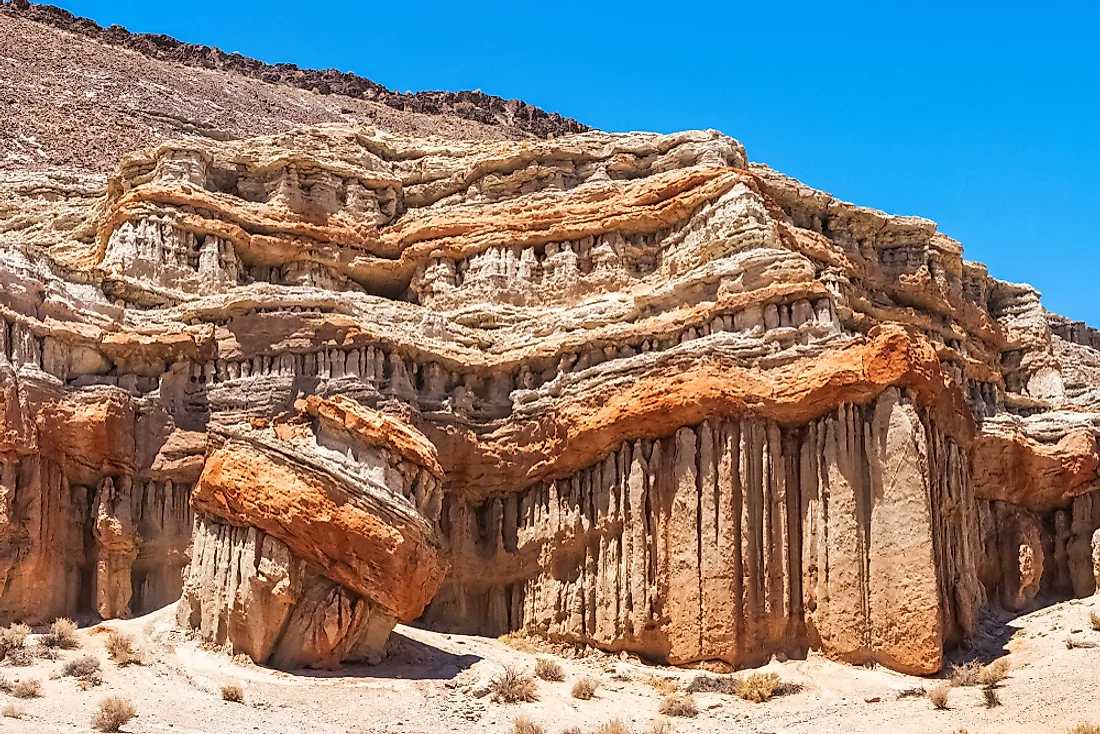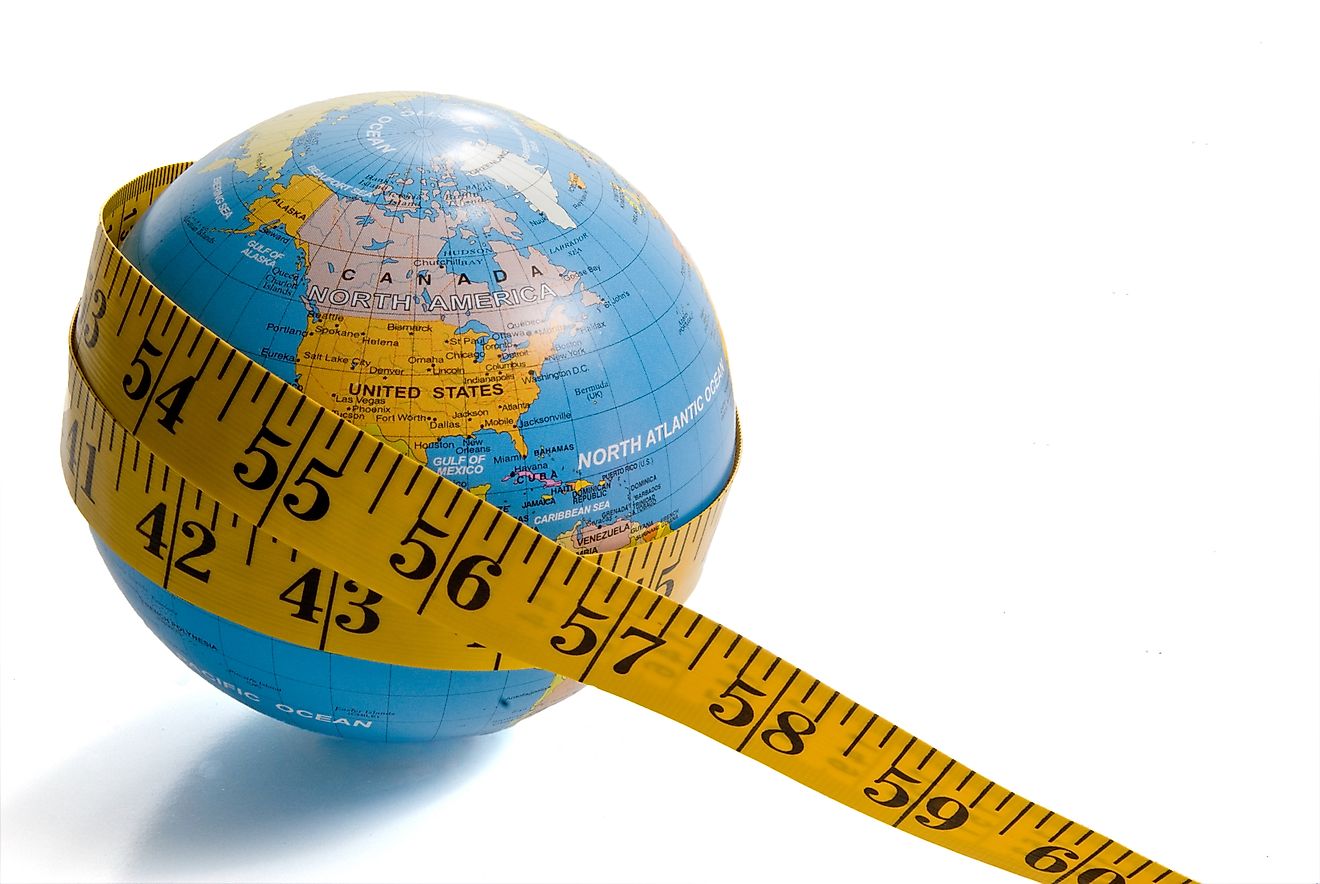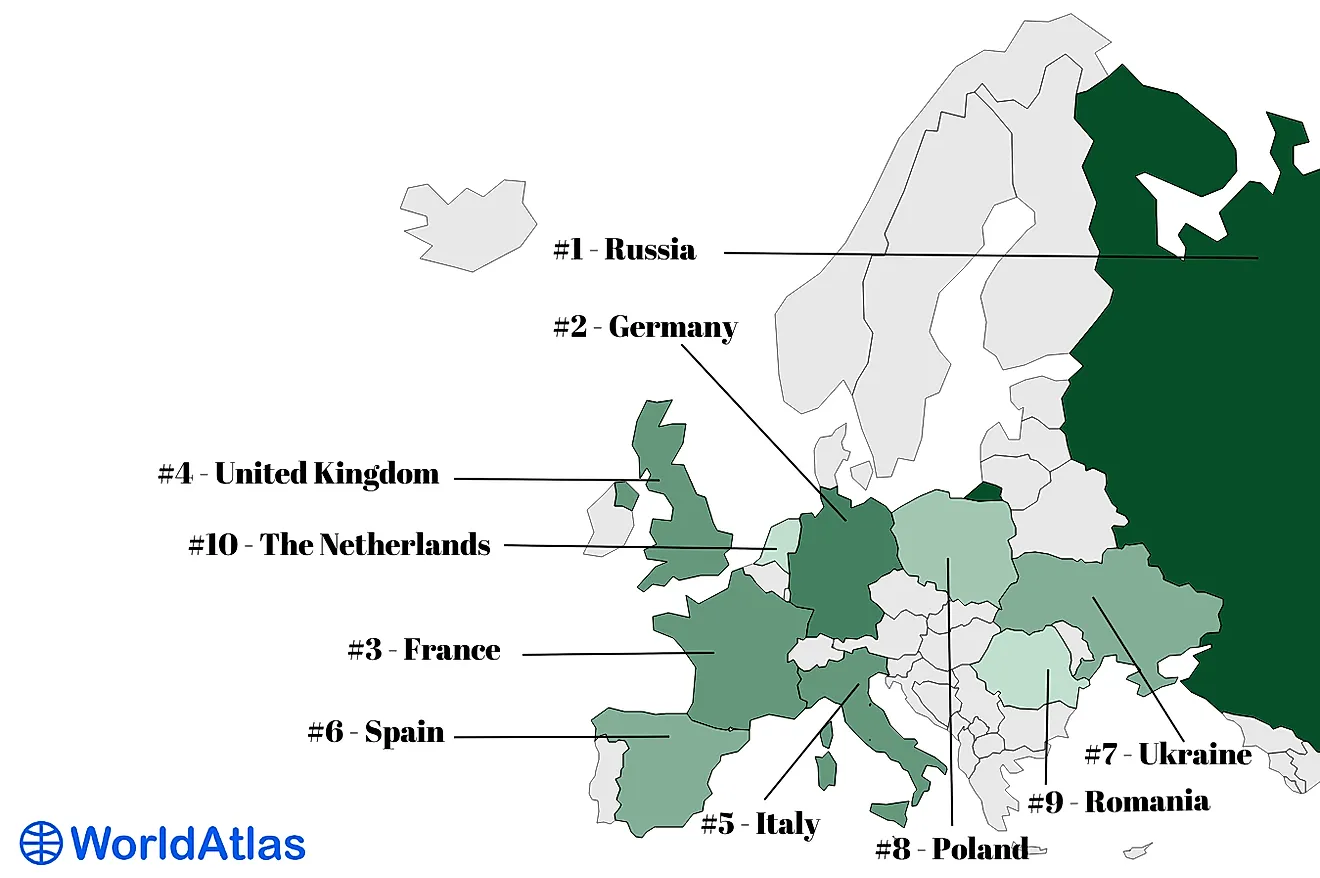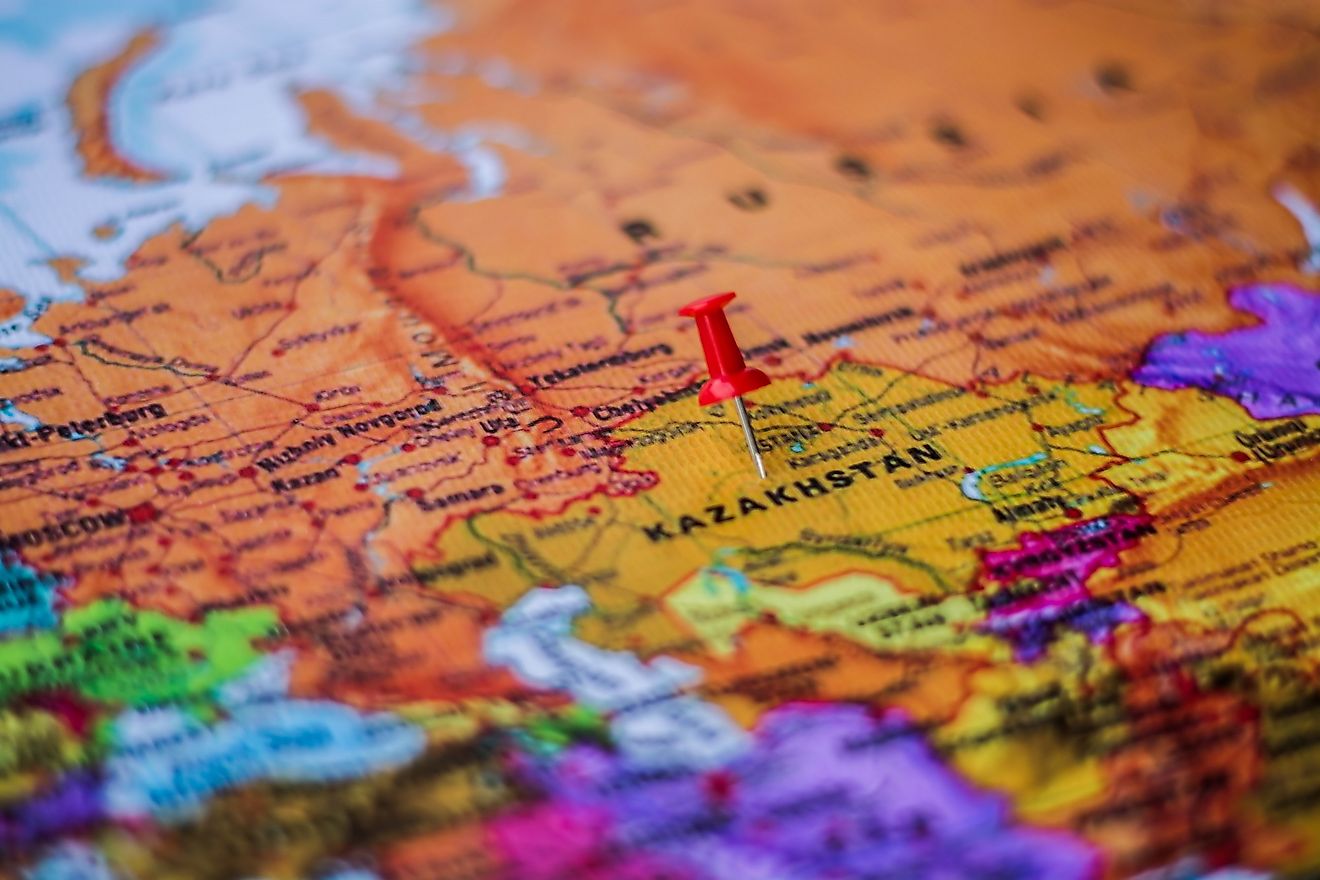What is Geology?

Geology is an earth science that studies the solid non-living terrestrial features of the Earth or of other natural satellite such as the moon. The discipline is particularly concerned with studying the rocks, minerals, and other materials that make up the Earth and how relevant processes have altered them as time moves forward. Scientists who study geology, known as geologists, aspire to explain how the earth looks like on and beneath the surface as well as all the processes involved in shaping it. Using established and proven techniques, geologists are able to tell the approximate ages of rocks on and below the earth as well as explain the histories of the rocks. Ultimately, it is possible to determine the history of the earth itself using geology through the power of its combined tools and techniques. Some of the more well-known histories unearthed by geologists include the proof of plate tectonics, past climate of the earth, as well as evolution itself.
Geology is applied in several things like the location of natural resources such precious minerals and petroleum by economic geologists. Other fields where it is applied include engineering, hydrology, and studying natural hazards.
What Do Geologists Do?
Geologists are scientists who study the structure of the earth, as well as its non-living materials like rocks and minerals. Other topics covered by geologists include natural disasters, such as hurricanes, earthquakes, or volcanic eruptions, and the patterns and behavior related to these. Geologists are also interested in the history of the physical Earth, and the way that is has changed over time. Geologists may look for patterns within these changes and use it to predict the transformations that the physical Earth will go through in the future. Geologists may also study issues related to environmentalism such as climate change.
Some of the specific areas of focus for geologists can include:
- Palaeontology, the study of fossils
- Volcanology, the study of volcanoes
- Selenology, the study of the moon
- Seismology, the study of earthquakes
- Geomorphology, the study of the Earth's surface
- Mineralogy, the study of minerals
History of Geology
Evidence of geology can be traced all the way back to at least ancient Greece. During the reign of the Romans, there were people who were also proficient in geology as is evidenced by acclaimed geologists during that period such as Pliny the Elder. Modern academics have theorized that geology originated in Persia after the conclusion of the Muslim conquests. One of the earliest Persian geologists, Abu al-Rayhan al-Biruni, documented the geology of India and made a few theories about the subcontinent.
The word “geology” was used for the first time in 1603 by a man named Ulisse Aldrovand. The words it is derived from mean “earth” and “speech,” which would then roughly translate geology as “talking about the earth.” Others scholars speculate that it may have originated from a Norwegian priest and scholar named Mikkel Pedersøn Escholt.
Despite all the uncertainties, the Scottish naturalist James Hutton is the one who is widely accepted as the first person to study modern geology. William Maclure then went on ahead and made the first geological map of the US in 1809 while William Smith made one for England.
Careers With a Degree in Geology
A degree in geology offers a flexible discipline that could lead to any of the following career paths:
- Engineering geologist, who work on-site to examine construction sites and the unique geological factors affecting them
- Marine geologist, who study the ocean floor and coastlines
- Mudlogger, who work in the field of oil and gas to determine the direction of drilling activity
- Geoscientist, who study the mineral resources of the Earth as well as other earth materials
- Professor or lecturer, who find employment in geology departments in institutions of higher education such as colleges or universities
- Museum guide, who work in natural history museums as curators or team experts
- Hydrogeologist, who studies groundwater
- Mine geologist, who help identify areas of minerals for extraction
- Geophysicist, who studies the make-up of the Earth in terms of gravity and electrical methods
Tools and Methodology
Geology relies on a number of methods that are conducted in the field, the lab, or use of numerical techniques. Usually, excursions and studies involve the use of primary data related to the study of rocks, an analysis of sedimentary layers of rocks, and an analysis of how rocks are positioned and deformed. Most of the time, geology also requires the study of landscapes, modern soils, rivers, and other things.
In the field, there are different activities that could take place. A good example of such an activity is geological mapping. This activity consists of coming up with a map of the structure being studied, examining and mapping the different layers available, and examining deposits on the surface of the earth. Other activities include conducting a survey of the topography and creating detailed topographic maps, mapping the subsurface, excavating fossil materials, sample collection, and many more.











